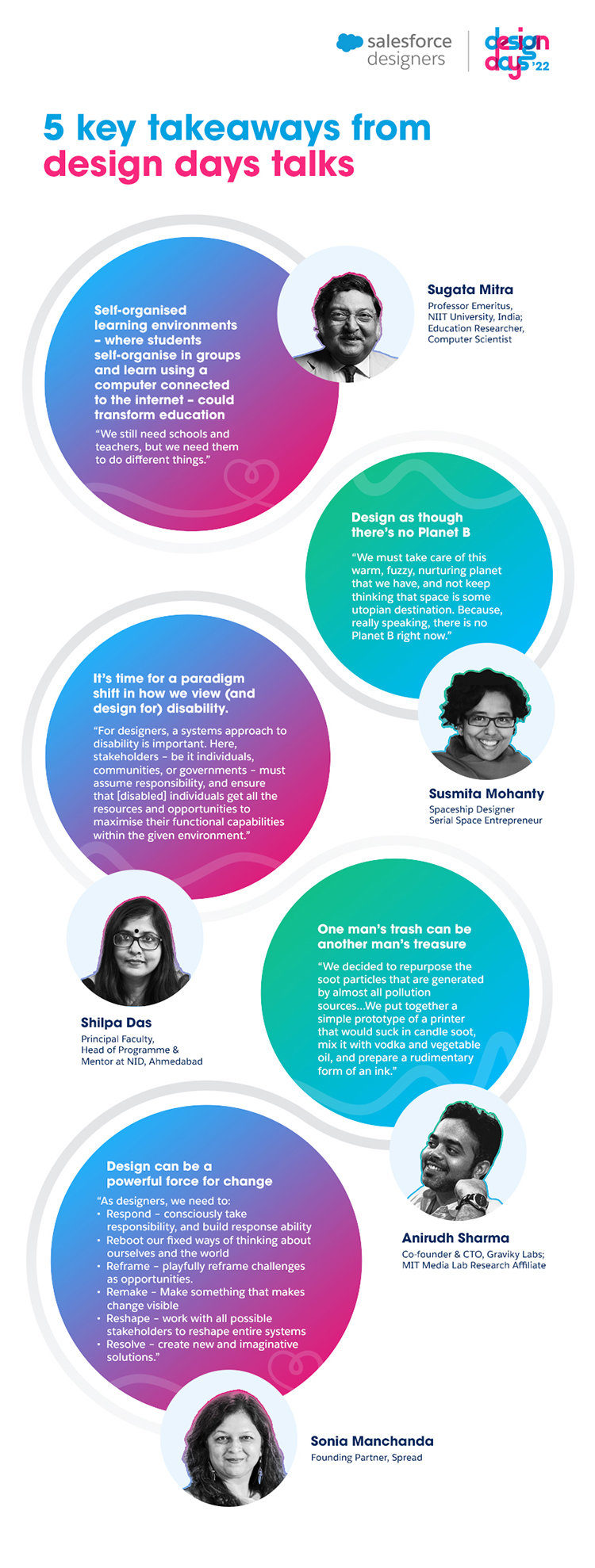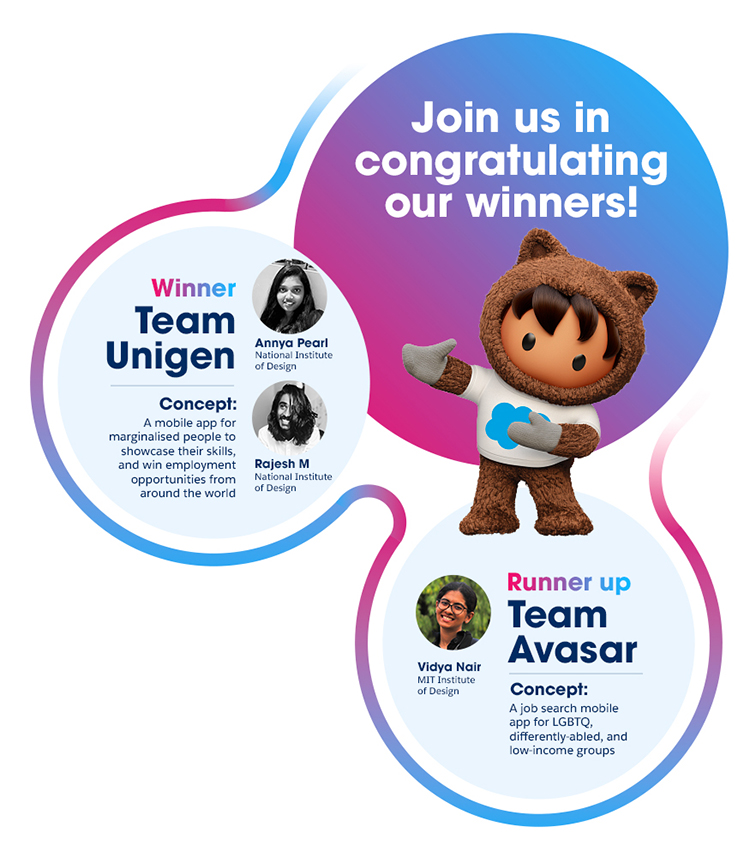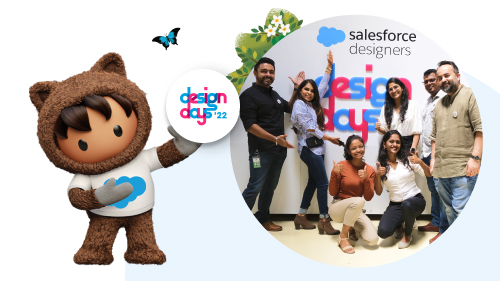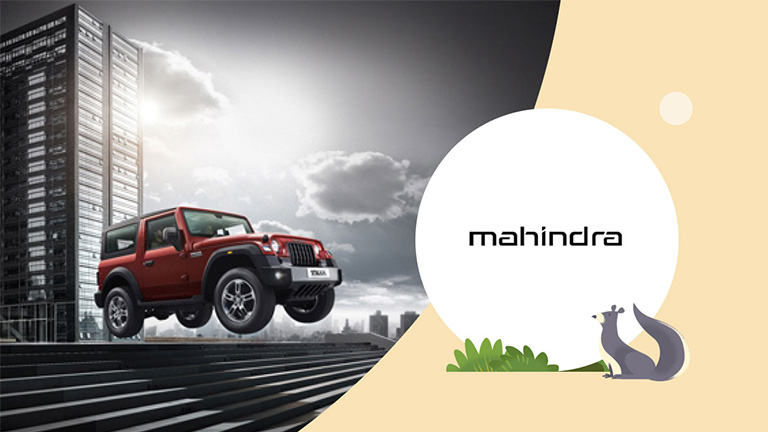In a world that’s grappling not only with health and economic crises, but also climate issues and social inequalities, the role of design has never been more important. It pushes us to think about complex challenges in radical new ways, and unlock creative solutions that can improve people’s lives.
Whether it’s a smart shoe that helps the visually impaired navigate their environments better, or a next-gen contraceptive that’s contextualised to local needs, design can be transformative. When it’s rooted in empathy and compassion – for example, when social media platforms are made accessible to the differently abled – design can inspire trust, and strengthen our relationships with each other.
That’s why we think the next frontier of design will be about relationships and how we can forge more meaningful connections. When relationships come first, equity and prosperity follow.
The more we collaborate on design – bringing together diverse groups of people to exchange ideas – the more progress we can make in developing inclusive and sustainable innovations that serve the greater good. We saw that in full force at Salesforce Design Days ’22.
What is ‘Design Days’?
The Design Days conference was conceived by Salesforce India during the pandemic as a way of promoting creativity in times of crisis. This home-grown event is the first of its kind in Salesforce to focus exclusively on design.
Now in its third year, Design Days brings together design experts, thought leaders, and Trailblazers from around the world to celebrate the latest in design and innovation. This year, we had 2,200+ registrations, 34+ speakers, and 1,130 attendees from 38 countries. An immersive metaverse experience made the event all the more engaging.
The theme for this year’s conference was ‘Flux, Flex, Flow’.
- Flux - We continue to face volatility, disruption, and complexity — in life, in work, and in business.
- Flex - Relationships help us navigate flux. Leaning into our connections with each other and our communities allows us to flex and adapt with purpose.
- Flow - With connection comes momentum and flow. So, let’s join hands to design a more inclusive and sustainable future. Let’s strengthen our vision as an interconnected design community, and elevate design as an essential practice in response to the disruption of our times.
There were several inspiring talks and panel discussions on this theme from industry leaders and creative thinkers. Here’s what we learned.

The Relationship Design Challenge: Finding innovative solutions to real-world challenges
The Relationship Design Challenge celebrates design innovation that brings people together to make a change in the world, highlighting projects that foster strong relationships and drive social impact.
This year’s challenge gave students of design, creative technology, and business the opportunity to practice design thinking.
We floated three challenges:
- How to tackle the burning issue of plastic waste disposal in rural India?
- How to make livelihood opportunities accessible to the youth from marginalised communities?
- How to use bamboo to build a sustainable economy?
Over 50 teams participated in the event, amazing us with their ideas and solutions which were people-centric, business-viable, and planet-friendly.
After careful evaluation, our jury shortlisted the top two solutions.

Watch all the Relationship Design Challenge presentations here.
We believe design thinking is central to innovation. And we strive to create products that are accessible, inclusive, and sustainable.
We also provide training for people from any career or educational background to learn more about design and innovation.





